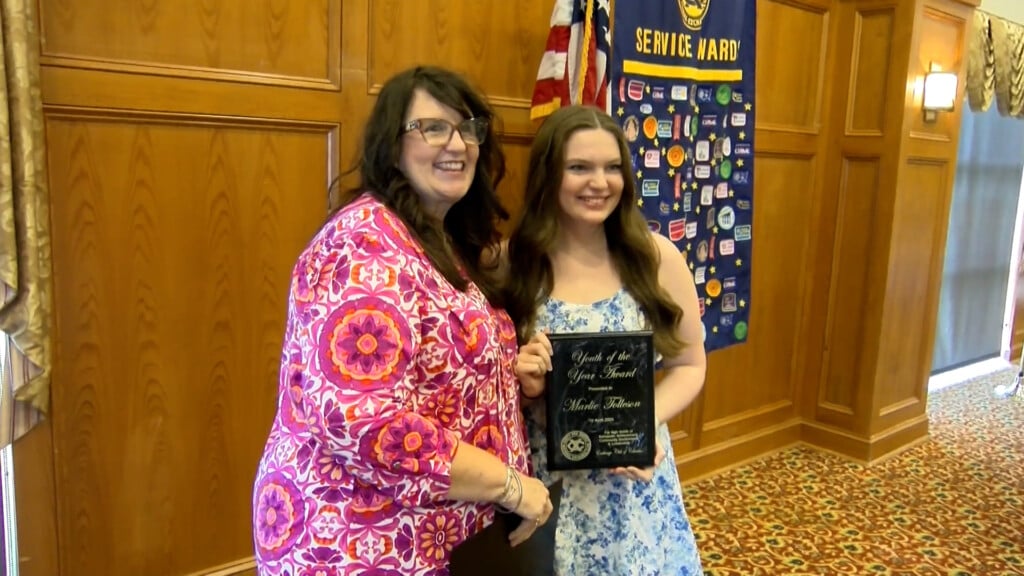Video: Skin Color Still Matters in African American Community
[jwplatform wVcBHco8]
COLUMBUS, Miss. (WCBI) – Students at Mississippi University for Women are discussing an issue that has impacted the African American community for centuries.
“Over the years, I feel like I’ve been discriminated against because of my skin tone. Why? I don’t know,” says Emma Rockett, who says she has experienced Colorism as a dark-skinned Black woman.
Colorism is an issue that has permeated the African American community since the days of slavery. It happens when members within the African American community and society at large, discriminate and pre-judge based on skin color. The general belief is that those with lighter skin tones are considered more valuable, smarter, more-trustworthy and even more attractive.
“The media has everyone thinking that it’s a certain shade, a certain complexion you should look to get better results or better attention from everyone but it’s not the case. Everyone should embrace their skin tone no matter what color it is,” says Tawanda Mosley, a member of the Zeta Phi Beta Sorority.
The Zeta Phi Beta sorority at MUW, is hosting a forum to discuss the topic of Colorism on campus. Members of the predominantly African American sorority say it’s an issue that just won’t go away.
“I have been called a snow bunny and I have been called red bone and other names that describe light-skinned people. I think that people have a stereotype about dark skin vs light skin because I have also been called stuck up an other things which I’m really not,” says Michelle` Patterson, a Zeta Phi Beta Sorority sister.
No matter the skin tone, anyone can be criticized.
“When I was coming up, they would always call me nick names, like black boy, Dark Vader and stuff like that. It didn’t get to me too much but as I got older, I grew out of it. I stop letting it stress me and bother me because I know who I am,” says Columbus resident Baloy Thomas.
Though Colorism is highly noted among African Americans in the United States, it can also be found in Africa, India, East Asia, Latin America and Europe.
“I think everybody is somebody regardless of what color you are. Whether you’re light, white, black, blue, green or whatever. Everybody is somebody,” says Rockett.
The Zeta Phi Beta Sorority will discuss Colorism at MUW’s Cochran Ballroom this Monday, February 17th at 7:20pm.




Leave a Reply